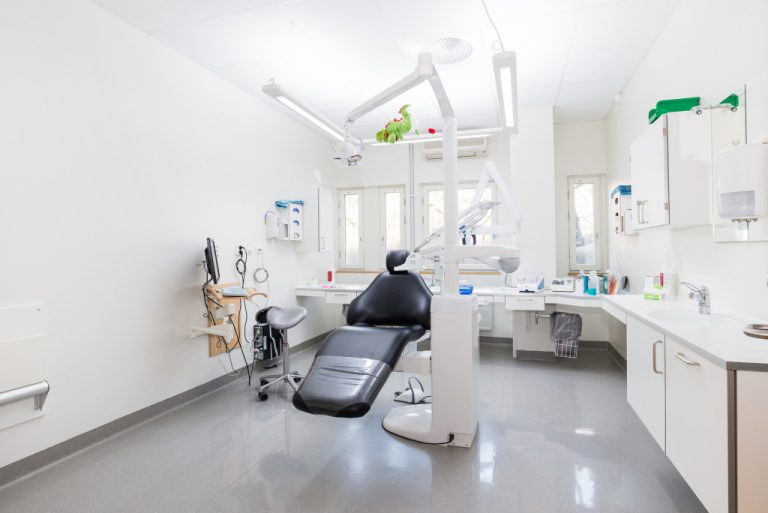Dentists have been using technology to enhance oral health care for many years. New technologies are constantly being developed, and older technologies are being improved. Some of these technologies are very simple, while others are complex. However, they all have one thing in common: they help make dental care more accurate, efficient, and comfortable for patients.
Dental imaging technologies
Dental imaging technologies have revolutionized the way dentists care for their patients. These technologies allow dentists to see inside the mouth in great detail, which helps them diagnose problems and plan treatment. Imaging technologies also help dentists assess the progress of treatment and ensure that patients are getting the best possible care.
One of the most commonly used dental imaging technologies is x-rays. These allow dentists to see below the surface of the teeth, providing a detailed view of the tooth structure and roots. A clear picture can help them detect decay, disease, and other oral health problems early, which allows for more effective treatment.
Other imaging technologies include CT scans, 3D imaging, and digital x-rays. These allow dentists to get a more detailed view of the oral cavity, providing valuable information that can help them deliver more effective care to their patients. Dentists can also use these imaging technologies to help them provide quality orthodontic services to their patients.
Dental lasers
Dental lasers are an essential tool in oral health care. Professionals can use them for a variety of treatments, including:
- Removing tooth decay
- Removing gum disease
- Cleaning teeth
- Treating canker sores
Dental lasers are precise and accurate, making them ideal for treating dental problems. They can also use the technology to improve the appearance of teeth by whitening them or removing stains.
There are many benefits to using dental lasers, including:
- Reduced pain and swelling – Lasers can reduce pain and swelling significantly, which is especially beneficial for patients fearful of dental procedures.
- Faster healing time – Lasers help promote shorter healing times for gum tissue and other oral tissues.
- Reduced risk of infection – Lasers help reduce the risk of infection by killing bacteria and other microorganisms.
- Improved oral health – Lasers can improve oral health by helping to remove tartar and plaque build-up. Lasers can also whiten teeth.
- Enhanced comfort – Lasers can make dental procedures more comfortable for patients by reducing noise, vibration, and heat.
Dental lasers are safe and effective, and they can provide patients with significant dental health benefits. If you are considering dental treatment, ask your dentist if a dental laser might be right for you.

Dental drills
Dental drills are an essential part of oral health care. They allow dentists to remove tooth decay and fix dental problems. Dental drills are also used to prepare teeth for fillings and crowns. Without dental drills, many oral health procedures would be much more difficult, if not impossible.
While dental drills may seem frightening, they are an essential tool in helping us maintain healthy and beautiful smiles. By working closely with your dentist and following their instructions, you can ensure that your dental drills are used safely and effectively. With the help of modern technology, we can continue to improve our oral health care for years to come.
Dental prostheses
Dental prostheses are beneficial in several ways. They can help improve the appearance of a person’s smile, help restore functionality to teeth that have been lost or damaged, and help improve oral health by providing a barrier between the teeth and harmful bacteria.
One of the main benefits of dental prostheses is that they can help to improve a person’s smile. For example, if someone has missing teeth or crooked, damaged, or discolored teeth, they may find that their self-confidence suffers. However, with the help of dental prostheses, the dentist can address these issues, and a person can regain their self-confidence.
Another benefit of dental prostheses is that they can help restore functionality to teeth lost or damaged. For example, if someone has lost all of their natural teeth, they will no longer be able to chew food properly. This can lead to problems with nutrition and digestion. Dental prostheses can help restore the ability to chew food properly, improving overall health.
Finally, dental prostheses can also help to improve oral health by providing a barrier between the teeth and harmful bacteria. When there is a gap in the teeth, bacteria can more easily enter the mouth and cause tooth decay and gum disease problems. Dental prostheses can help prevent these problems by creating a barrier that bacteria cannot easily penetrate.
Dental lasers, drills, and prostheses are all important pieces of technology that help us maintain healthy and beautiful smiles. Each of these technologies has unique benefits that can improve oral health in various ways. By working closely with your dentist and following their instructions, you can ensure that you are getting the most out of your dental technology.

